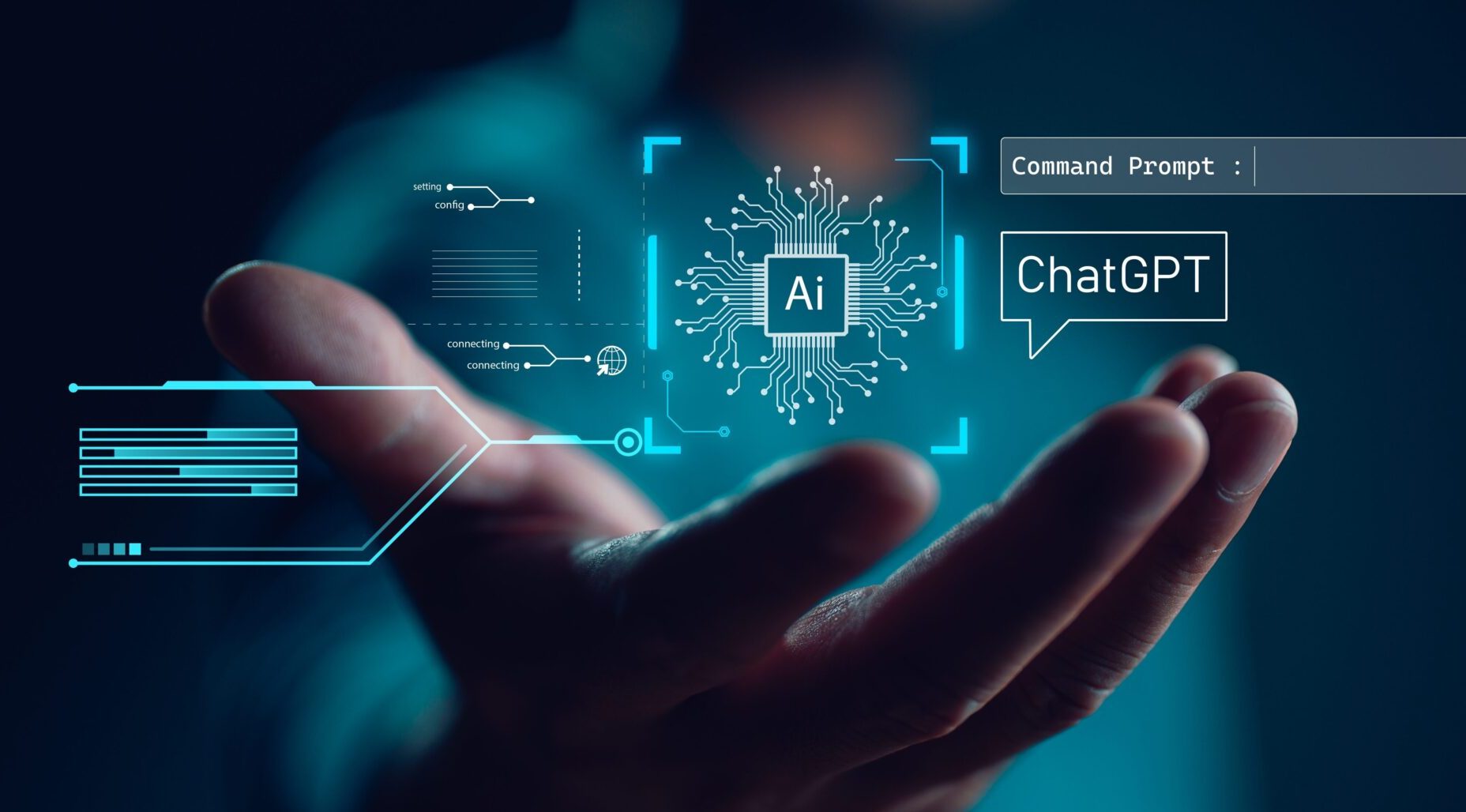Generative AI tools like ChatGPT have surged in popularity among employees, even as legal challenges against OpenAI continue. According to reports, nearly half of employees now use ChatGPT, and some even share company and customer data through these tools.
This widespread adoption highlights the productivity gains associated with AI, but it also raises concerns about data security risks, as sensitive information may be exposed to external sources.
While the benefits of tools like ChatGPT are clear for organizations, such as increased productivity and creativity, they also pose significant risks. Numerous Chief Information Security Officers (CISOs) are worried about the possibility of data loss when employees use generative AI applications.
However, the tech industry is rapidly responding to these concerns by developing solutions aimed at preventing data leaks while still enabling businesses to harness the full potential of these tools.
The dilemma for organizations is balancing the immense potential of generative AI with the inherent risks of data exposure. Employees often paste sensitive information, like customer data or proprietary code, into these tools without realizing the potential security breaches.

Employee Use of Generative AI Tools Like ChatGPT Rises, Sparking Data Security Concerns and Legal Challenges
While AI tools can greatly enhance efficiency, they may also inadvertently store sensitive data that could be accessed by others, putting the organization’s confidential information at risk.
An example of this risk is when a developer seeks help from ChatGPT to fix code bugs. Although the AI tool provides solutions, the proprietary code might be stored on external servers, potentially exposing it to competitors. Similarly, employees in roles like financial analysis or customer service may unknowingly share sensitive company data while using AI tools for assistance, leading to potential leaks.
CISOs are caught in a difficult position, needing to support innovation while safeguarding their companies’ data. A recent LayerX report found that 4% of employees paste sensitive data into AI tools weekly, including crucial information like source code and personal data. This growing threat has pushed companies to explore security solutions that protect against such data loss without hindering innovation and productivity.
In response to these challenges, a new category of security vendors has emerged, focusing on browser security solutions. These vendors offer tools that monitor and control data flow into generative AI applications, alerting employees to potential risks or blocking sensitive information from being shared.
By striking a balance between security and productivity, these solutions enable organizations to benefit from AI innovations without compromising their data security, ensuring that employees, boards, and shareholders remain satisfied with the results.









































